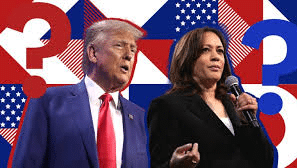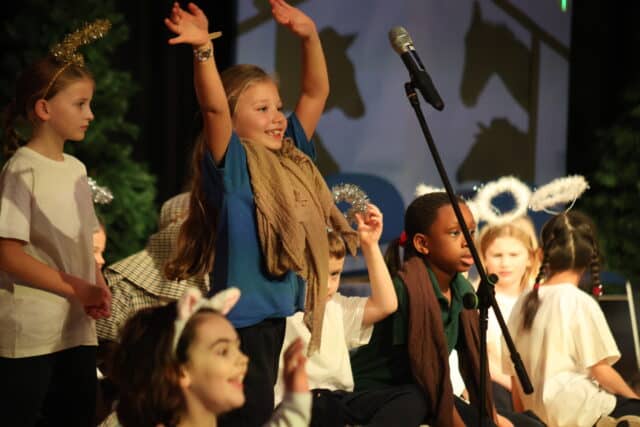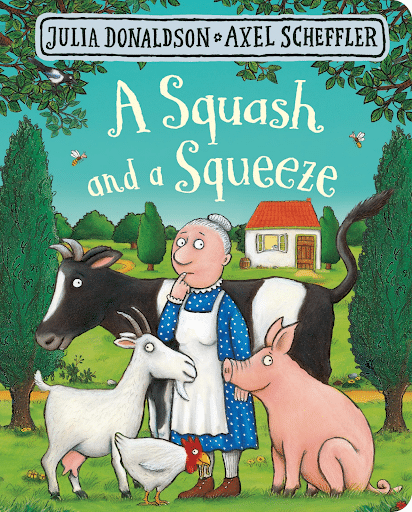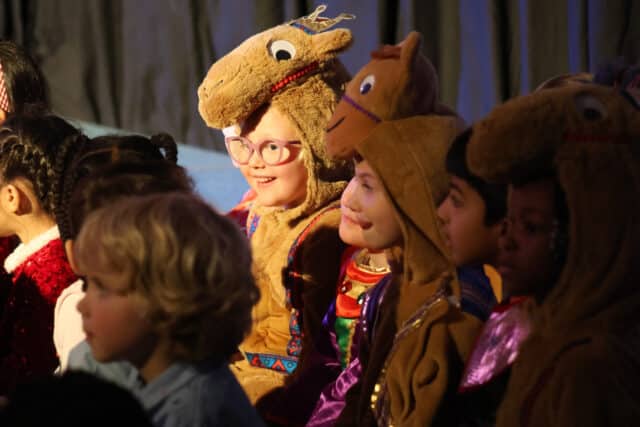The most powerful job in the world?
Dear all
I hope this finds you well. It was nice to welcome our students back from their half-term break at the start of the week. Our assembly on Monday focused on the US Presidential election by considering some of the more remarkable contests in American history…as well as some of their parallels with the campaign of 2024.
The very first US Presidential election of 1778 was the only one in which a candidate was chosen unanimously – those who know their history will be aware that at the time there were only 13 states in America, but only 10 were eligible to take part in the election, and only 6 actually allowed people to vote, with the other four delegating the decision to state officials. There was no real campaign as such as everyone was united around George Washington, the man who had led the war against British colonial rule.
Over a hundred years later, the election of 1872 saw a series of ‘firsts’ in US political history – Victoria Woodhull became the first woman to run for president, representing the Equal Rights’ Party, and her choice for Vice President was Frederick Douglass, the first African American to be considered for the role. They didn’t receive many votes, and in fact Woodhullwasn’t even allowed to vote herself because women were not allowed to do so until 1920. The main candidates were the sitting president, Ulysses S. Grant and Horace Greeley. Grant won comfortably, but during the period between the election and the confirmation of the result, Horace Greeley died which was the only time in history there has been a dead presidential candidate.
Fast forward to 1920, when the Republican candidate Warren G. Harding won the biggest ever victory against Democrat opponent James M. Cox. This was the first election in America in which women had the right to vote in all 48 states of the country. It was also the only election – so far – to feature a candidate who ran his entire campaign from prison. Socialist Eugene Debs won just under a million votes across the country, finishing third overall. He had been imprisoned two years earlier during World War One for giving an anti-war speech, which violated a law that forbade criticism of the government during wartime. As part of his campaign, he had promised to pardon himself if successful in the election.
The election of 1960 was between John F. Kennedy and Richard Nixon. Kennedy’s victory marked a number of ‘firsts’ – he was the youngest president elected to office, the first to have been born in the 20th century, and the first Catholic President. It was also a victory for a relatively young and inexperienced underdog against a man who had been Vice-President for eight years, but perhaps above all the campaign was remembered for being the first one that played out on television. The first debate between Kennedy and Nixon is widely regarded as having been important in determining the result – Nixon had recently been hospitalised and refused to wear makeup, which served to highlight his thin, sickly appearance.He wore a grey suit that blended into the background and was seen to be sweating during the debate.
Kennedy, on the other hand, was tanned and wore a blue suit and shirt, so he stood out against the studio backdrop. Unlike Nixon, he also spoke directly to the camera rather than to his opponent. It was estimated that 70 million people watched that first debate, with a majority believing Kennedy had triumphed; on the other hand, the much smaller audience listening on the radio felt that Nixon had outperformed his opponent.
In the election Kennedy won by only 119,000 votes out of a total of almost 69 million and while no-one can ever prove what was the decisive factor, many believed this election highlighted the power of television in determining political fortunes. It was another 16 years before future presidential hopefuls agreed to a televised debate.
The above may resonate if you’ve been following the current election campaign, where there have been concerns about the health of Joe Biden which led to his late withdrawal from the race, the conviction of Donald Trump, an assassination attempt and controversial comments aplenty right up to the last days of the campaign.
As I said to our students on Monday, the outcome is likely to have an impact well beyond the shores of America, so it’s important that they take an interest in events on the other side of the ‘pond’.
Have a good weekend
Best wishes
Michael Bond




